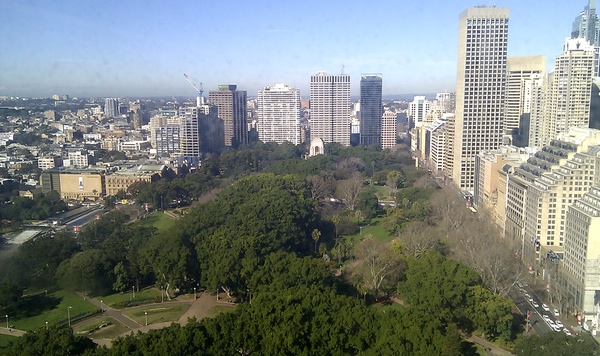A weekly summary of what I’ve been doing elsewhere on the internets — and this week there’s been a lot of it!
Articles
- Gay marriage an irrelevant sideshow, for ABC Unleashed. I reckon the way “the gay and lesbian community” abused Senator Penny Wong for simply re-stating Labor policy was disgusting. Did they really expect her to break ranks and criticise her party’s policy just because some random punter asked her a question on Q&A?
- AFACT didn’t explain notices to iiNet for ZDNet.com.au. On Wednesday I covered day three of the Federal Court appeal by the Australian Federation Against Copyright Theft in their case against Australia’s third-largest ISP. This is straight reportage of the morning’s proceedings.
- Will AFACT’s appeal solve anything? for ZDNet.com.au. On Thursday, I wrote this op-ed piece, picking up on one of the appeal judge’s comments about this appeal not necessarily solving anything long-term.
Podcasts
- Patch Monday episode 51, “Data breaches: it’s criminals again” with guest Brad Arkin, who Mark Goudie, who heads up the forensics practice for Verizon Business Asia-Pacific in Melbourne. We discuss Verizon’s 2010 Data Breach Investigations Report [PDF].
- A Series of Tubes episode 114. Host Richard Chirgwin talks with APNIC Chief Scientist Geoff Houston about the impending exhaustion of IPv4 internet addresses, and me about the AFACT v iiNet appeal, the demise of Google Wave, and a few political things.
Media Appearances
- Our nod to the federal election campaign and an update on Gov 2.0 initiatives, an episode of ABC Radio National’s Future Tense in which I reiterate some of my Crikey comments the lameness of Australian politicians using social media.
[Photo: The view from Courtroom 1, Federal Court of Australia, Sydney, photographed on 4 August 2010. The brown smudges are not on your screen: the windows need cleaning from the outside.]



